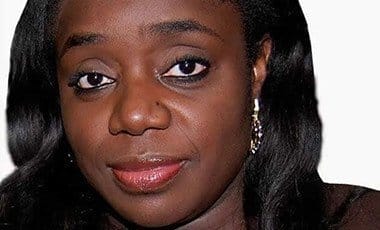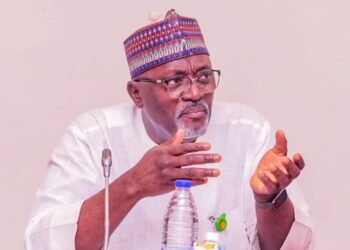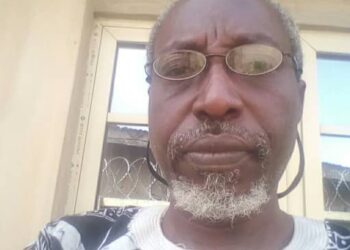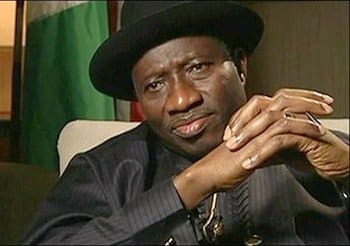WITH the Federal Government seeking to borrow N1.8 trillion to part finance 2016 budget, Minister of Finance, Kemi Adeosun is expected to lead a delegation to London next week, for a non-deal roadshow.
According to sources, officials from Central Bank of Nigeria (CBN) and Debt Management Office (DMO) are expected to accompany the minister on the trip.
At a meeting being organised next Tuesday by Standard Chartered Bank, Adeosun and other officials will update the market on government policies.
The N1.8 trillion deficits inherent in the N6.06 trillion 2016 budget according to the Minister of Budget and National Planning, Udoma Udo Udoma, will be financed equally from local and international borrowings in order not to crowd out the private sector from the debt market.
“It is a non-deal roadshow to explain government policy to investors. There’s no transaction. It’s been a while since the government came to London to update investors on what’s happening,” a source told Reuters.
Director General of DMO, Dr Abraham Nwankwo, told Reuters last week that Nigeria is likely to sell a eurobond this year.
Nigeria has pushed ahead with some reforms meant to free up cash to invest in badly needed infrastructure, but critics worry about the pace, given the loss of oil revenues and a currency peg that has caused the economy to contract.
In mid-May, the government hiked petrol prices by 67 per cent to N145, ending an expensive subsidy scheme that has cost it billions of dollars. It used a rate of N285 to the dollar to set the prices, compared with an official rate of N197.
The move prompted the central bank to abandon its 15-month naira peg to the dollar to adopt a flexible currency regime, a policy u-turn designed to boost exports and local manufacturing and to stave off a recession.
But the bank has yet to clarify how the new policy announced last week will work, spooking foreign investors long worried about getting caught in the middle of a devaluation.
President Muhammadu Buhari for months rejected calls to devalue the naira. However, during his Democracy Day speech on Sunday, he backed the central bank’s decision to move away from a currency peg that is seen as overvaluing the naira.
A banking source in London told Reuters that the market was in the dark over the central bank’s new currency policy.
“The reason why Nigeria is reluctant to come to the market is that the government knows investors will ask about the currency issue,” the banker said.









